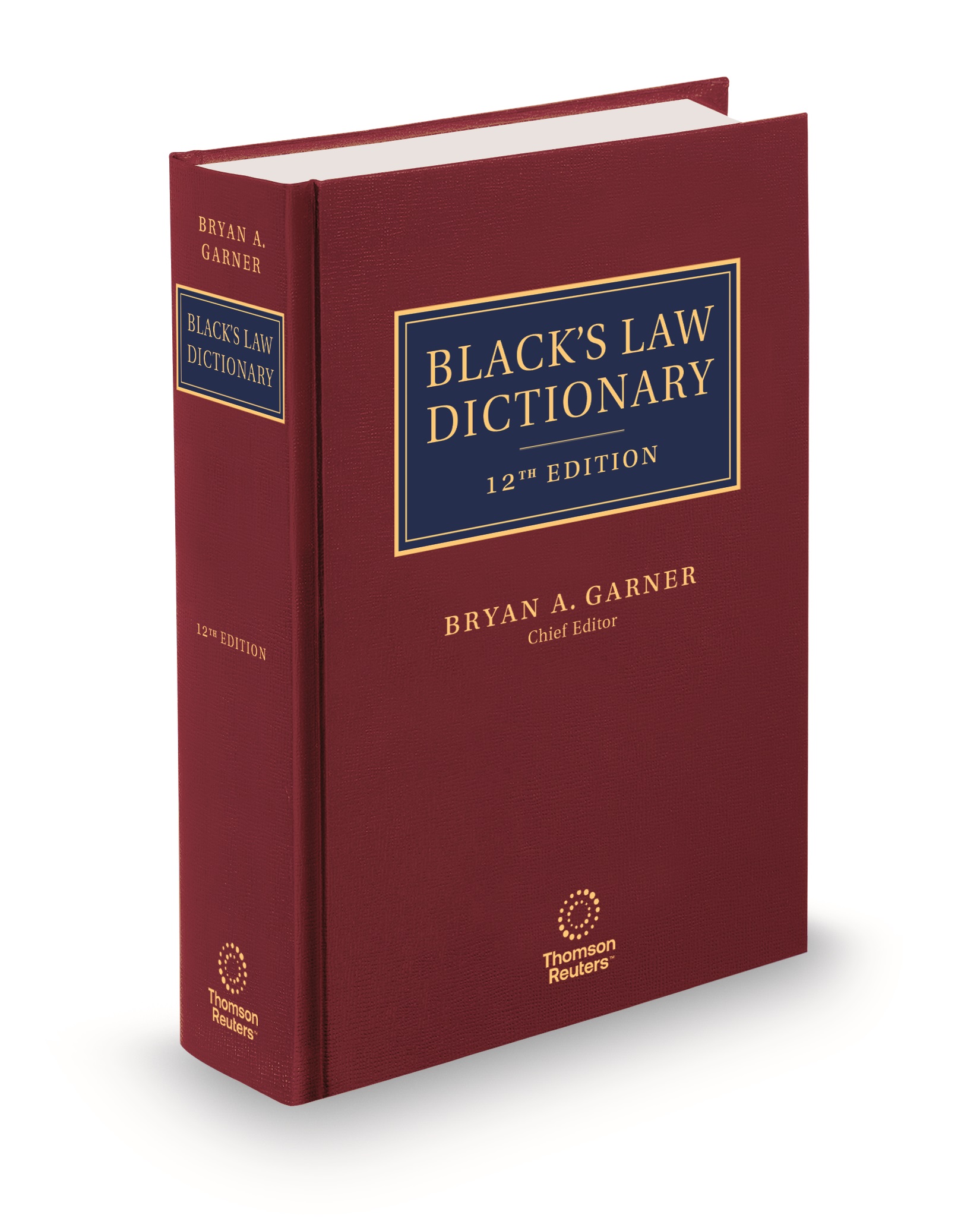“Lawyers need to be really sensitive semanticists:” David Lat and Bryan Garner on Black’s Law Dictionary, 12th Edition

Two leading legal minds – David Lat and Bryan Garner, chief editor of Black’s Law Dictionary – share their insights on the 12th edition of the iconic law book in a new podcast episode. They discuss developing the most widely cited legal book in the world, the evolutions of technology and language, and more.
Below are excerpts from their conversation, which shows the fundamental role that Black’s Law Dictionary and Thomson Reuters play in ensuring that judges, lawyers, legal professionals, and law students understand the living language of the law.
Lat: So just in terms of the evolution of language, why would you say it’s important for legal professionals to keep up to date on what is new in legal terminology?
Garner: First of all, lawyers are professional workers and words are the only tools we have. It’s extraordinary how often cases will turn on the meanings of words in statutes and contracts and so on. Lawyers need to be really sensitive semanticists.
Lat: What would you say is new about the 12th edition of Black’s?
Garner: With each new edition what I try to do is deepen the scholarship to include more scholarly sources, accurate sources, classical sources; they’re not otherwise easily findable by the profession, and judges and lawyers have thanked me for the quotations that I’ve included to support the various definitions because they’re often from surprising places. … So part of my job is keeping up with legal literature and trying to cite the very best sources and find a great quotation that does more than what I’m doing. I’m defining a term, but my quotations will support the definition with a little more encyclopedic information about the term.
Garner told Lat that new editions of Black’s are released about every five years.

Bryan Garner, Chief Editor, Black’s Law Dictionary
Garner: One reason for a new edition every five years or so is that it allows me and my very extensive team of lexicographers that I have in-house as well as academic contributors – there are about 100 of them and there are about 300 practitioner contributors – who send me things now. Often they’ll just send me a term. ‘Hey, have you seen this term? Have you seen that term?’ Occasionally, a few of my really choice contributors – who are lawyer contributors on the title page – will draft a definition for me. I will research and edit and maybe rewrite, but my colleagues are awfully good. It’ll go through many, many iterations of editing and work before it ultimately gets into the book.
Lat: Walk me through how that random tip you get about this new word eventually makes it into Black’s.
Garner: If it is the kind of term that might have appeared in litigation, I will look it up in Words and Phrases; Words and Phrases is about a 90-volume encyclopedia of litigated terms and is all the cases. This is a Thomson Reuters publication now. It has all the cases excerpted on the meanings of words from 1658 to the present day, and it’s an extraordinary resource. There’s one full volume just on the word ‘shall,’ for example. … Then I spend time on Westlaw, and I may look at five dozen different cases discussing a term as well as law review articles. Law review articles are very, very helpful, but I craft my own definition.
One thing that I have recoiled from is the idea that I should just repeat what some court said a word means rather than take the North Carolina Supreme Court definition of a term. I will look at North Carolina and California and any other cases from any other states as well as scholarly commentary and try to come up with the most accurate definition.

David Lat, Original Jurisdiction
Lat: How do you decide when a term is worthy of inclusion in Black’s Law Dictionary? What decides whether it makes the cut?
Garner: It’s a kind of a feeling of, where have I seen this term before? Is this term current? For example, we just included a definition for biometric identification. Now that term, as far as we could tell, originated in 1982, so it’s been around, what, 42 years? I could have included biometric identification in any of my previous editions of Black’s but what happened was I was reading something – or somebody on my team was reading something – and thought, let’s just check and see if this is in Black’s.
Garner told Lat that as he and his team canvass literature and law reviews, they draft entries for new terms and begin researching their etymology and checking in databases like Westlaw to see how often the terms are used.
Garner: If I see it’s been used only three times, all by the same scholar writing law review articles, it does not get in. It’s got to have a certain currency. If it’s been used by 10 scholars in, let’s say, 15 law review articles, I would say, OK, that’s a good candidate for getting in, but it also has to be strongly linked to law.
To hear their full conversation, listen to the Original Jurisdiction podcast episode: How Black’s Law Dictionary Gets Made: Bryan A. Garner. To learn more about Black’s Law Dictionary, click here.